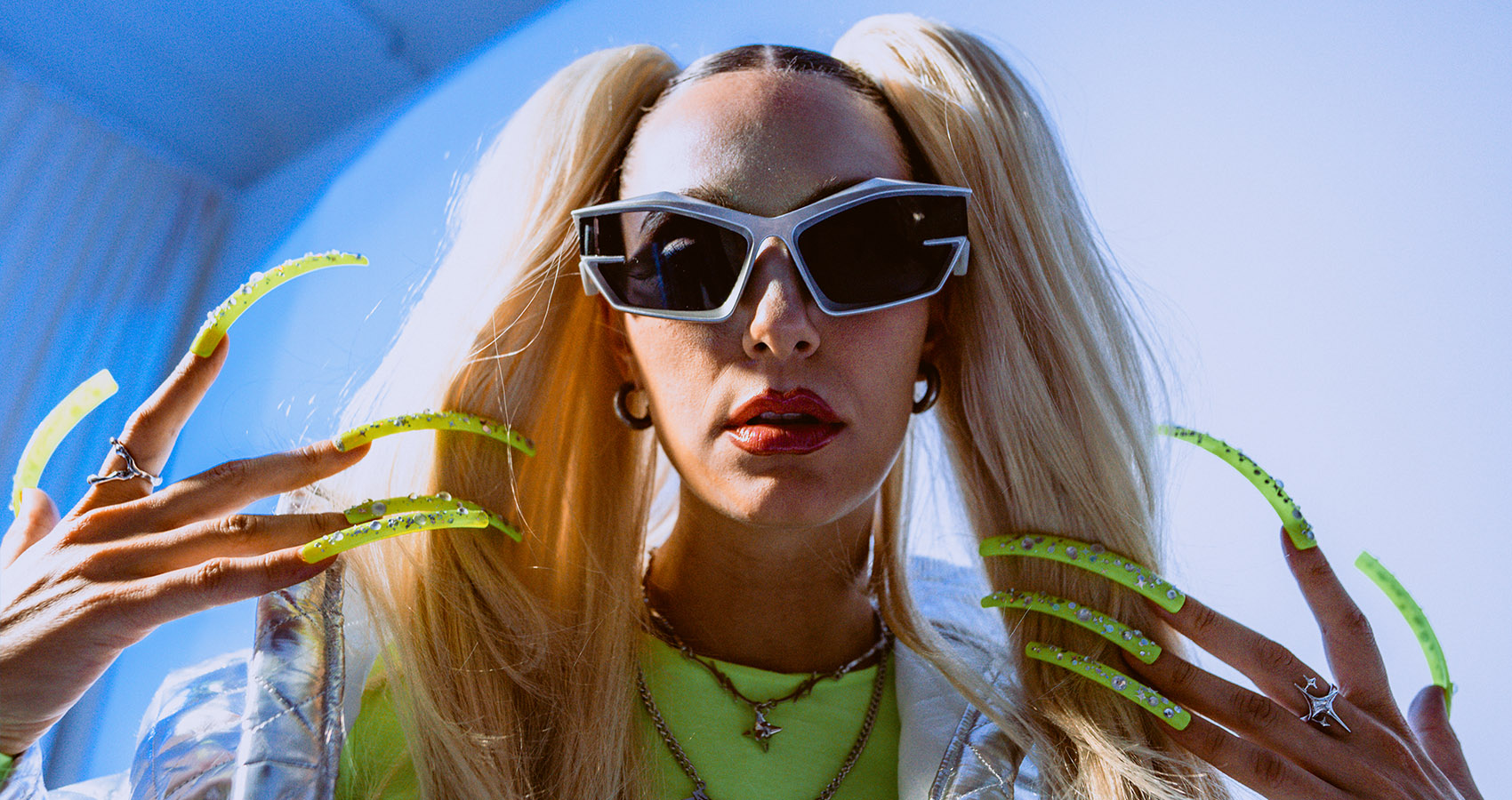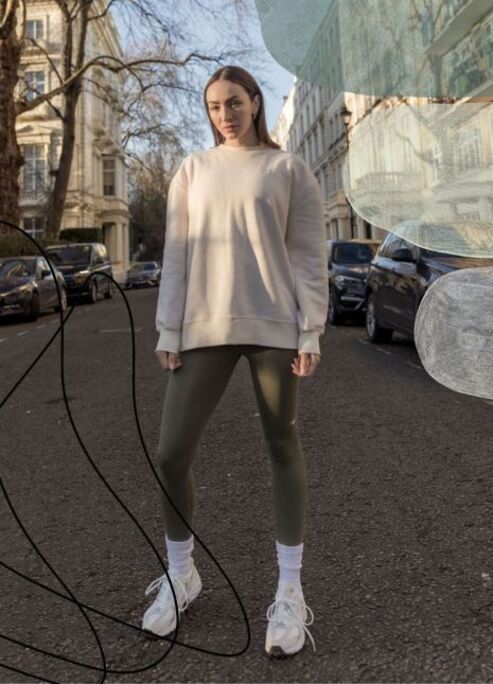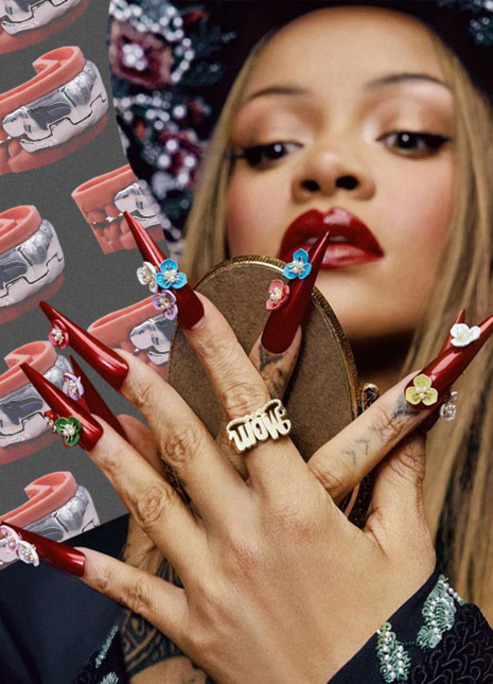VALENTIN, the Visionary Artist Who Merges Classical, Hip-Hop, and Techno
Check out her eclectic sound, impactful performances, and commitment to fostering change in the music industry.
Jump into Valentin's vibrant universe, where she weaves together classical, hip-hop, and techno vibes effortlessly. In this cool chat, Valentin spills the beans about that game-changing 2017 moment when Ableton Live became her musical magic wand. She spills the tea on being a fierce advocate for gender equality in the music biz, dishing out the deets on the hurdles female producers face and why having a solid squad matters. Come along for the ride as we groove through her ever-changing sound, killer gigs, and her downright awesome mission to shake up the status quo. Cheers to Valentin on her musical journey – it's been a wild and wonderful year!
VALENTIN, how did you first get into music, considering your classical background, and what drew you to explore electronic music with Ableton Live?
The apartment I grew up in could almost be imagined as a music store. From keyboard instruments such as grand pianos or harpsichords to woodwind instruments and strings, almost everything was there. And everything was played every day, even us children were allowed to try it out. That was great, but also a bit elitist. Because other genres that I loved, like hip hop or electronic music, were "not real music". My emancipation was to combine all the musical influences that I had experienced, which for me became possible in 2017 with the music software Ableton Live. Suddenly I had my own whole orchestra at hand, my sounds and my voice in my laptop to create freely.
You mentioned a key experience in 2017 when you discovered Ableton Live and could finally translate your musical ideas. Can you elaborate on that moment and how it changed your perspective on music production?
I had musical images in my head, but I couldn't realize them because I couldn't communicate my ideas with words, leading to frustration when working together. At first, it didn't even occur to me to use software to translate these images in my head into music. After all, I played "real" instruments, and I had nothing to do with technology! However, my partner encouraged me to give it a try and play around with it—and that's how I actually got into producing. The freedom I felt at that moment when I had my first track ready after just a few days was incomparable because now it was me alone who was responsible. I didn't have to chase after anyone; I didn't have to ask anyone. I had everything in my own hands.
You've highlighted the stigma that girls are often given little introduction to technology. How did you navigate through these challenges, and what advice would you give to aspiring female producers?
Boys are confronted with technology from an early age, even if it's just the cars they play with. In contrast to girls with their dolls, hair clips, or pianos. As a girl, I had no intuitive connection to technology, I didn't trust myself with anything – it was never my business. That's why I think it's so important to talk about things that we do loudly so that other girls see subconsciously and on a daily basis that women work just as technically. My advice would be never to limit yourself, and my mission is to normalize producing for other girls so that they don’t have to first fight against their own doubts and man-made limitations before taking on the fight against society and the still very male-dominated music industry.
Your partner played a significant role in encouraging you to try producing. How did his support impact your journey, and how important is having a supportive network in the music industry?
As already mentioned, he had encouraged me to just give it a try. In this very protected environment, I dared to do it. That's why I think that, in addition to believing in yourself (the most important thing), support plays a very important role. Only surround yourself with people who take you seriously, who give you energy instead of taking it away, and who want to find solutions to support you and not keep you down, both privately and professionally.
You describe yourself as more than just a singer or producer, but as part of an artistic and political movement. Can you delve into what that movement represents and how it manifests in your music and performances?
I actually only started by implementing what I was missing musically. I didn't look left and right; I just listened to my instincts. I had children, produced, started businesses, went on tour, and surrounded myself with people I loved and could work with (marginalized groups declared by society). At some point, I realized from the reactions of others that this was not so common, and that I can give people from the LGBTQ scene, especially women, the courage, strength, and motivation to be happy and fulfill themselves. So I try to emphasize everything even more and communicate with others as often as possible to empower each other.
Your community has grown over the years, mainly comprising women and the LGBTQ+ scene. How does this diverse community influence your music, and what role does it play in shaping your artistic identity?
These are people who, in our society, still have to prove themselves and fight every day to be allowed to be themselves, to realize their dreams, to be free. This need is often first expressed in art because there are no other options. I think that by sharing the same struggles, we found each other, and then we became more and more. In every way, this has shaped my artistic identity!
Your live performances have been described as a mix of fashion techno, electro-pop, and fusion with a feminist attitude. How do you approach crafting a live set, and what do you want your audience to take away from your performances?
I want my performances to be banging. It should be a journey full of emotions, encouraging to feel every last bit of that emotion, whether it's strength or vulnerability. I want people to leave the concert feeling empowered to stand up for themselves and others and empowered to experiment.
Your musical journey spans classical, hip-hop, and techno influences. How do these diverse elements come together in your sound, and how has your music evolved over the years?
I pick out what I like from everything and incorporate it intuitively. I don't think much when producing. It reflects my life and experience. That's why my music is constantly changing.
As a founder, painter, mother, and artist, how do you balance these roles, and do they inform each other in unexpected ways?
My day definitely needs more hours. I often wish I could do all of it even more intensively, but then I realize again how much things connect to each other and how jumpy I am. Being busy and never wasting time, that's my aspiration—not looking at the clock and thinking, "How much longer?"
You've been open about your MS diagnosis. How has this personal journey influenced your approach to music and your role as a public figure, especially in relation to being a role model for others with MS?
I didn't say anything for 10 years, until at some point I thought: gee, my problems all come from the fact that nobody talks about them, so let's go! Since then, I've been feeling so much better, and I've realized again how much you can empower each other, simply by sharing.
Looking ahead, what are your aspirations and goals as an artist and advocate for the LGBTQ+ community and those with MS?
Freedom, equality, no prejudices.
Follow VALENTIN on Instagram @valentin.official_
Photography: Elena Kasnatschejew @ach.liebe












